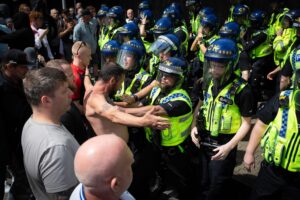UK police risk assessment before riots said far-right threat probably ‘minimal’
Published on 02 September 2024
An anti-immigration supporter confronts riot police in Manchester on 3 August 2024. Credit: Andy Barton/Alamy Live News

Documents show officers instead prioritised environmental and pro-Palestinian protests as potential hazards
Report Mark Wilding for Liberty Investigates and Vikram Dodd for The Guardian. Edited by Harriet Clugston, Liberty Investigates.

